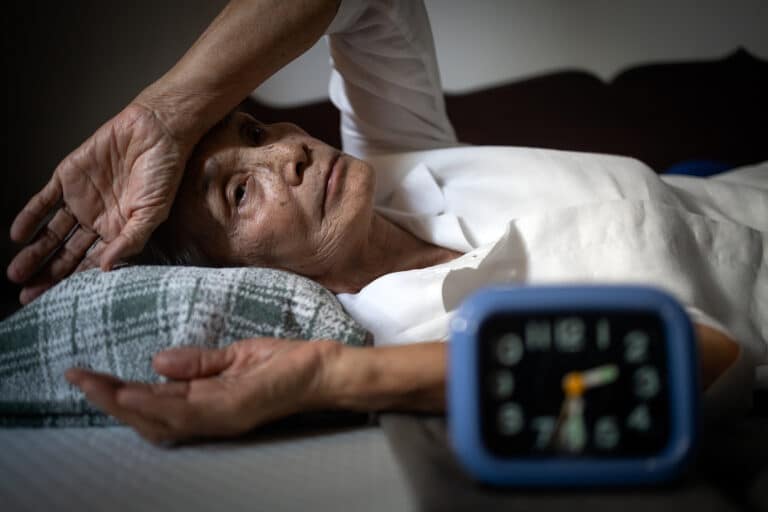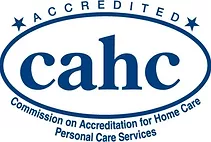For some seniors, getting through the night without using the bathroom is no longer a part of their reality. They may find themselves getting up once or more each night to use the bathroom. While this leads to poor sleep, many seniors would say they’d rather wake up multiple times each night to urinate than sleep through that urge and wet the bed. Here are a few things to know about nighttime incontinence for seniors and how 24-hour home care can support your senior.
Causes of Bed Wetting
If you’ve noticed your senior loved one sneaking to the laundry room each morning to wash her sheets, her body may be struggling to wake her up each night to urinate. There are some common reasons why bed-wetting increases as a person ages.
Some diseases
Diseases such as dementia, Parkinson’s disease, and multiple sclerosis all can cause a person to lose the ability to either wake up in time to use the bathroom or be able to get to the bathroom on their own once they do wake up.
Weak bladder or pelvic floor
More common in women, this condition makes it difficult to hold urine in. Your loved one may wake up having to urinate, but cannot get to the bathroom in time, especially when half asleep.
Overactive bladder muscles
An overactive bladder creates sudden urges to urinate that are difficult to control. During the day, your loved one may be able to get to the bathroom quickly enough to take care of these urges, but in the middle of the night, it might be more difficult, especially if your loved one has mobility issues.
Prostate gland issues
Men may struggle with an enlarged prostate or an inflamed prostate, both of which might cause nighttime incontinence.
How to Help Your Loved One Sleep Through the Night
If nighttime incontinence is a new issue, having your loved one visit his regular physician for an exam is the best first step. His doctor will determine if any medical issues need to be addressed to reduce his risk of nighttime incontinence. Once those issues have been addressed and treated, if your loved one still struggles, you might consider helping her make some lifestyle changes that will reduce the risk of having an accident while sleeping.
Reduce night-time fluids
A bladder that isn’t full is much less likely to need to be emptied during the evening hours. While it’s important for your loved one to stay hydrated during the day, she should severely limit the amount of beverages she consumes once the evening hours begin. This will give her bladder plenty of time to empty before she goes to bed.
Urinate regularly during the day
Remembering to urinate regularly during the day will help the bladderh not become fatigued or stressed from holding urine during the day.
Wear protective items
If urinating is still a concern, then help your loved one find some incontinence products that will protect her bed if it happens.
24-Hour Home Care Can Help with Nighttime Accidents
If your loved one has medical reasons for her nighttime incontinence, you might consider having a 24-hour home care team there at night to help her when the urge arises. A 24-hour home care provider can help her get out of bed and to the bathroom if she has mobility or cognitive issues that make it difficult for her. The 24-hour home care team can also work with her to practice healthy urinating habits during the day, making her nights more successful.
If you or a senior loved one needs 24-hour home care in Livingston, NJ or surrounding areas, please contact the caring staff at Adult Alternative Home Care today. (888) 664-1769
- Home Care Assistance Can Help Seniors Manage Self-Care Tasks - April 24, 2025
- The Superfood You Shouldn’t Miss - April 9, 2025
- First Home Care Visit? Here’s The Inside Scoop - April 9, 2025


